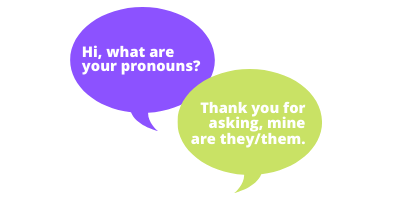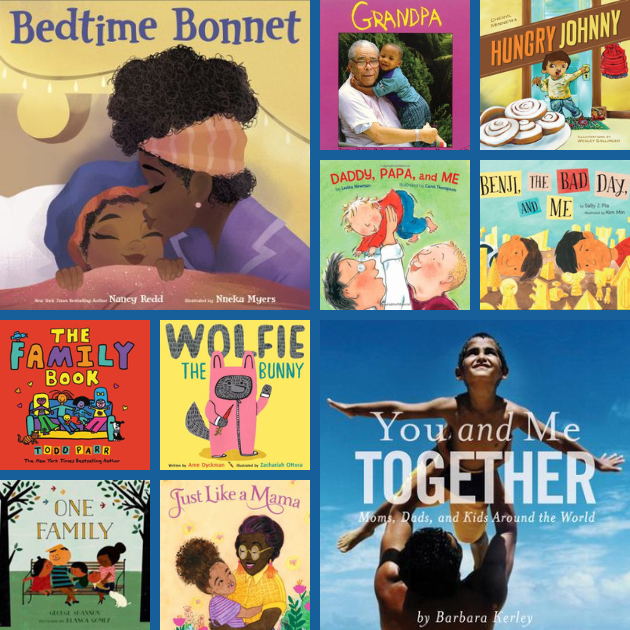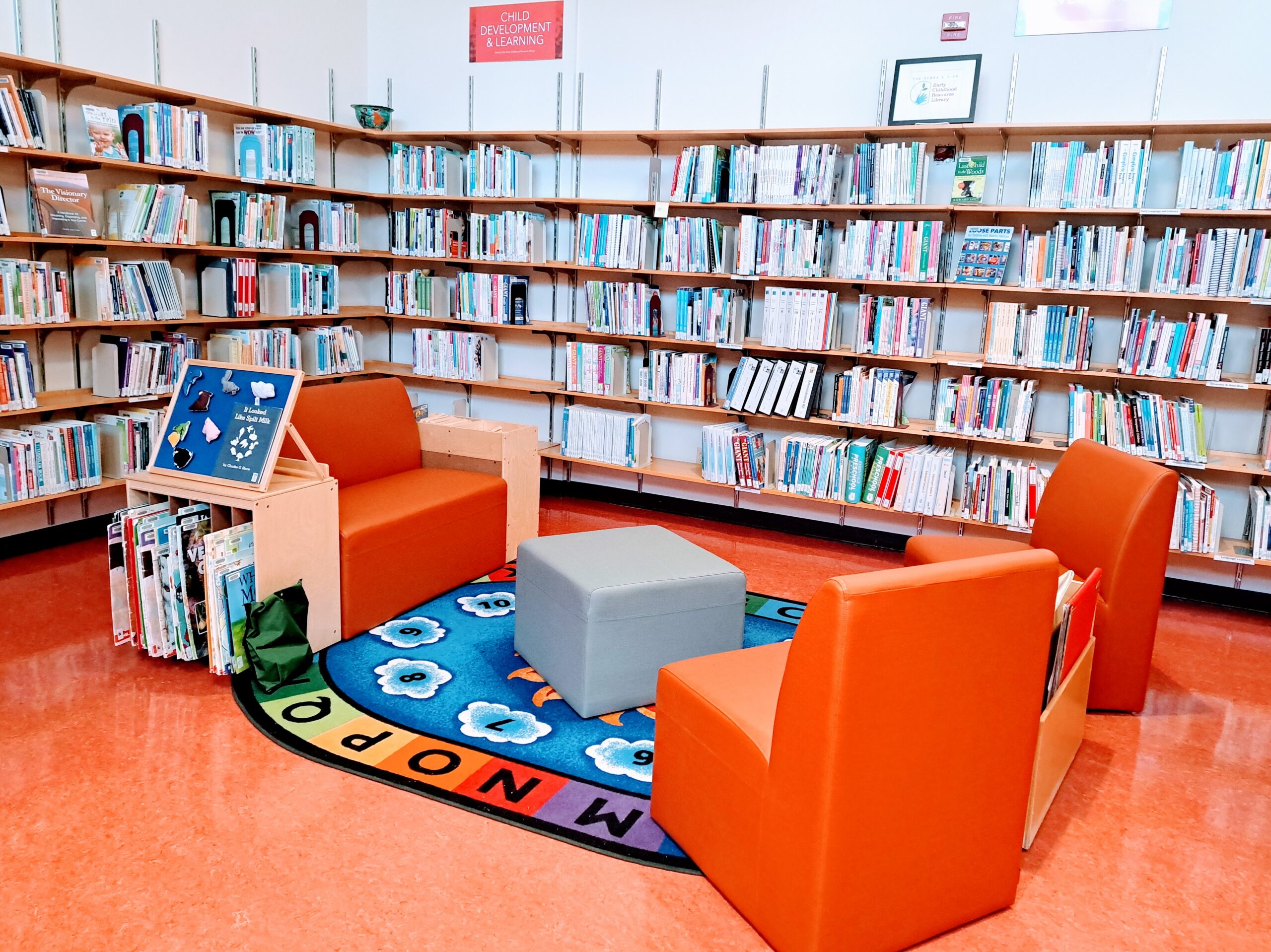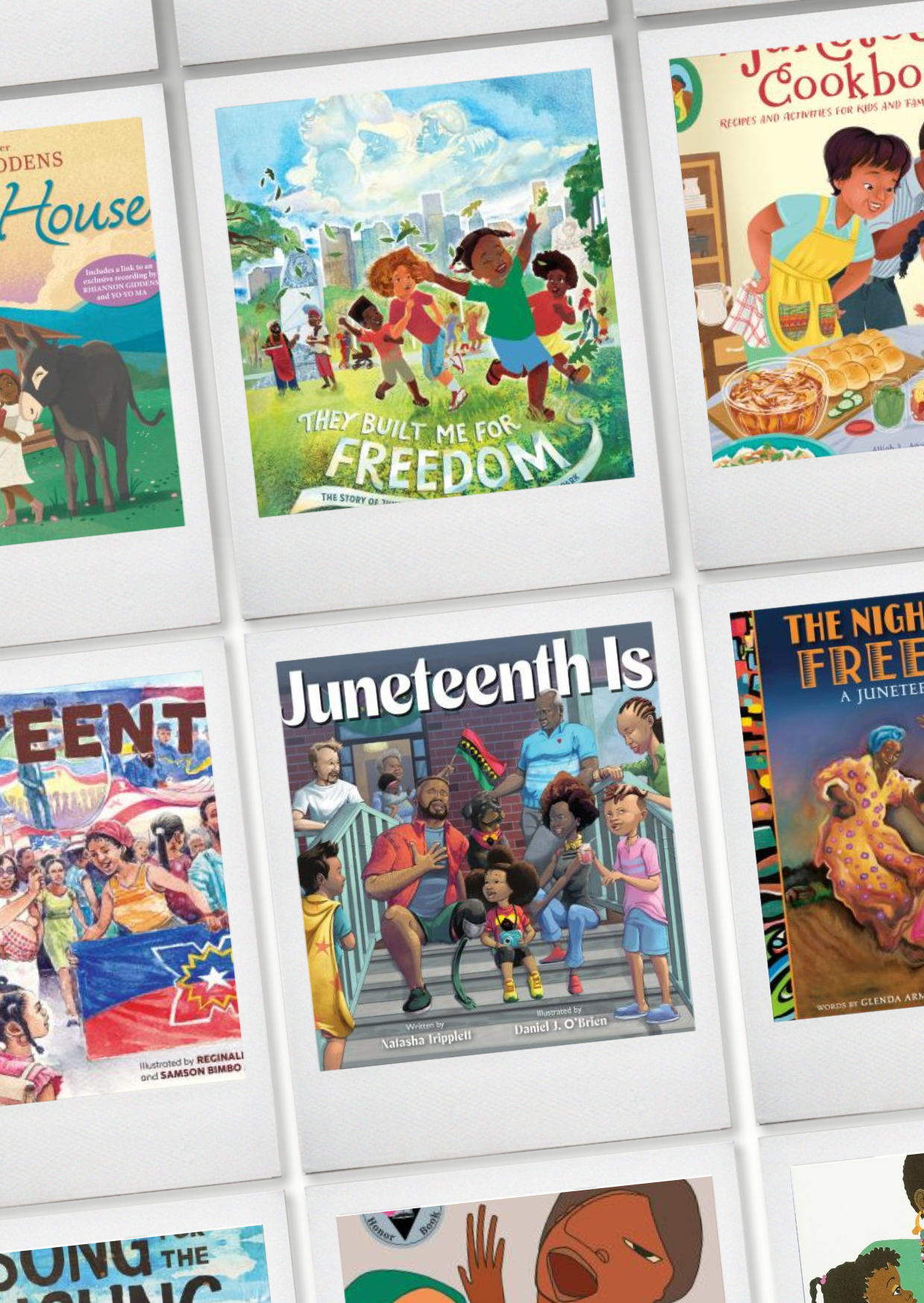By Quinn Kathner-Tucker, Digital Marketing Specialist, Think Small Institute
Pride month ends in June, but for thousands of rainbow families, where one member of the family identifies as LGBTQIA+, and same-sex families throughout the United States, the celebration and focus to build a healthy, inclusive family continues.
Rainbow and same-sex families share the same hopes, feelings and dreams as traditional families. Recognizing the marginalization and challenges LGBT+ families face year-round gives reason for including initiatives you can put into practice throughout day-to-day activities.
As Pride month wraps up, below are three ways early educators can continue to show support for rainbow and same-sex families beyond Pride month.
- Keep Reading
Peppering in LGBT+ positive books can be a simple and effective way to keep the dialogue of inclusion going year-round.

Redleaf Press, a leader in resources for early childhood professionals, curated a collection of books designed for children ages 3+ discussing topics ranging from same-sex parents to milestone moments in the LGBT community. These books are a great resource for families with a direct (or non-direct) connection to LGBTQIA+ issues and the community.
- And Tango Makes Three
- Stella Brings the Family
- The Family Book
- The Great Big Book of Families
- Julián Is a Mermaid
- When Aidan Became a Brother
- Harriet Gets Carried Away
- Red: A Crayon’s Story
- Mommy, Mama, and Me
- Pride: the Story of Harvey Milk and the Rainbow Flag
- This Day in June
To learn more about the reading list, click here to read the blog post: 11 Children’s Books to Celebrate Pride Month for age recommendations, descriptions and purchasing information.
2. Use Pronouns
Establishing the habit of asking for preferred pronouns in daily conversation sets the stage for properly addressing fellow humans. Parents and early educators can lead by example showing proper etiquette when it comes to asking preferred pronouns for friends, family, co-workers, and acquaintances.

The topic of gender is complex, however, there are helpful resources available. For example, the book: Who Are You? The Kids Guide to Gender Identity supports healthy conversation with children when it comes to the topic of gender identity.
3. Get Involved
Integrating a volunteer mindset during early education years sets the stage for inclusion as children develop into adults. Volunteerism provides a huge social benefit as well as being a key component for personal growth and fulfillment. Start with your local, LGBT non-profit organizations for upcoming events to attend or volunteer. Prefer to interact digitally? Many non-profit organizations provide support through strong social media engagement or digital meetups as well.

Conclusion
In addition to these three ways of how to add inclusion to your day-to-day, there are many additional ways you can incorporate an equality mindset in your early educator role.
About Think Small and Redleaf Press
Think Small is a 501 (c)(3) based in St. Paul, MN. Think Small’s mission is to advance quality care and education of children in their crucial early years. Think Small’s work includes training early childhood educators, financial supports for families, advocating at local and state levels, and creating new high-quality early childhood spaces through the Build Your Own program. Think Small is committed to anti-racism and closing the opportunity gap in Minnesota so all children can thrive. Learn more at www.ThinkSmall.org.
Redleaf Press is the publishing division of Think Small, creating exceptional curriculum, management, and business resources for early childhood professionals. Proceeds from Redleaf Press support many of the services that are offered to teachers, directors, providers, and families through Think Small. Shop Redleaf Press at www.RedleafPress.org.








